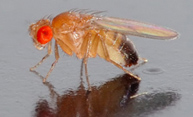
When temperatures drop, newly-discovered process helps fruit flies cope
Rochester biologist Michael Welte and his team made their discovery while studying the internal mechanisms of the egg cell of the fruit fly, known as Drosophila. What keeps the assembly line functioning—based on the new research—is a protein called Klar.
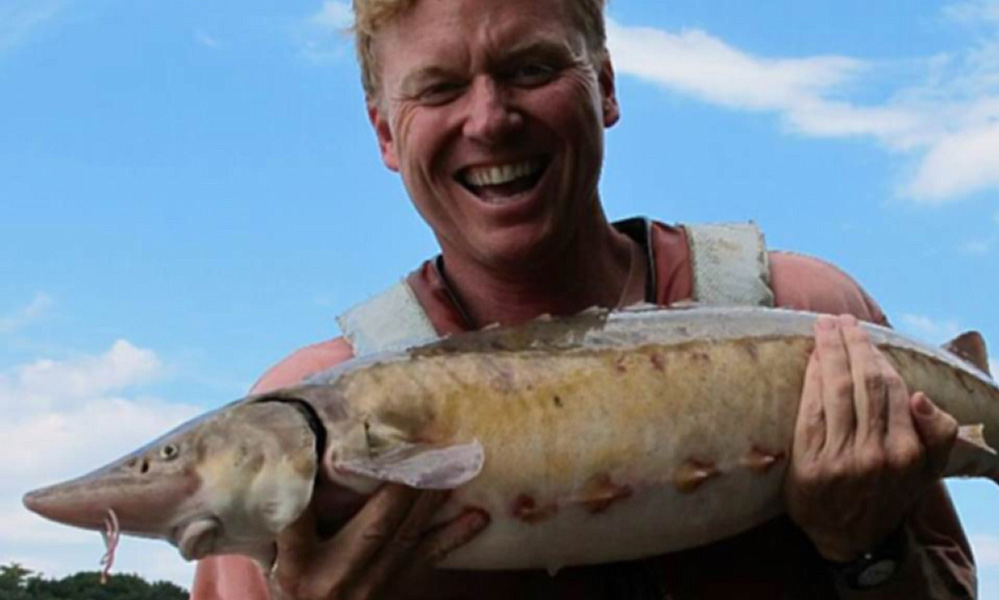
Lake sturgeon making a comeback in the Genesee
Blood-sampling studies led by comparative medicine professor and chair Jeff Wyatt are showing promising signs for the fish, for the once-troubled embayment of the lower Genesee — and, potentially, for the local economy.
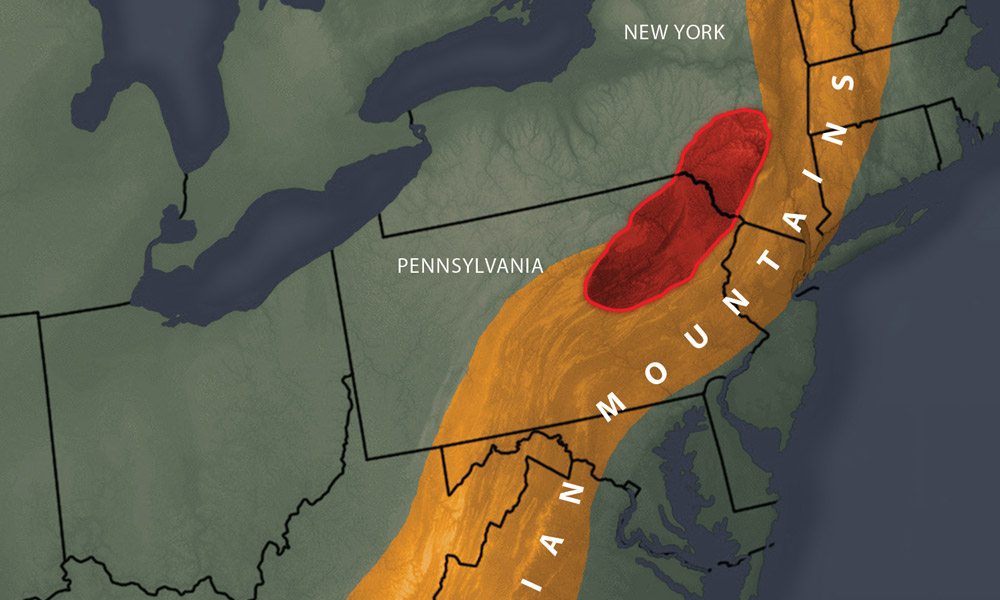
Bend in Appalachian mountain chain finally explained
Rochester researchers now know what causes the bend in the otherwise straight line of the Appalachian Mountains, and this new understanding of the region’s underlying structures could inform debates over the practice of hyrdrofracking.
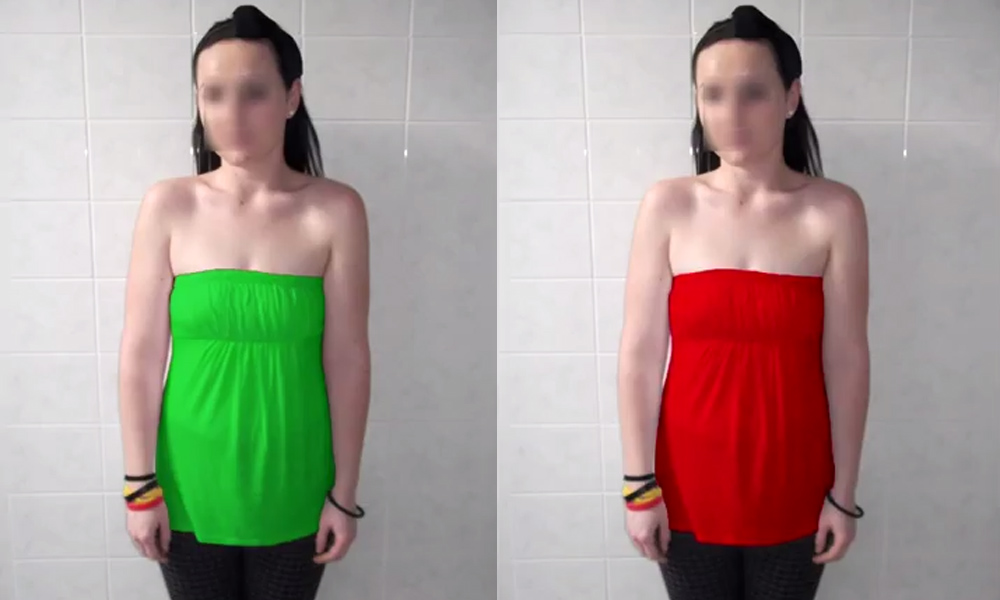
Women feel threatened by ‘the lady in red’
In a new study, psychology graduate student Adam Pazda found that women believe that other women who wear red are more sexually promiscuous and were less likely to introduce their husband or boyfriend to a woman wearing red.
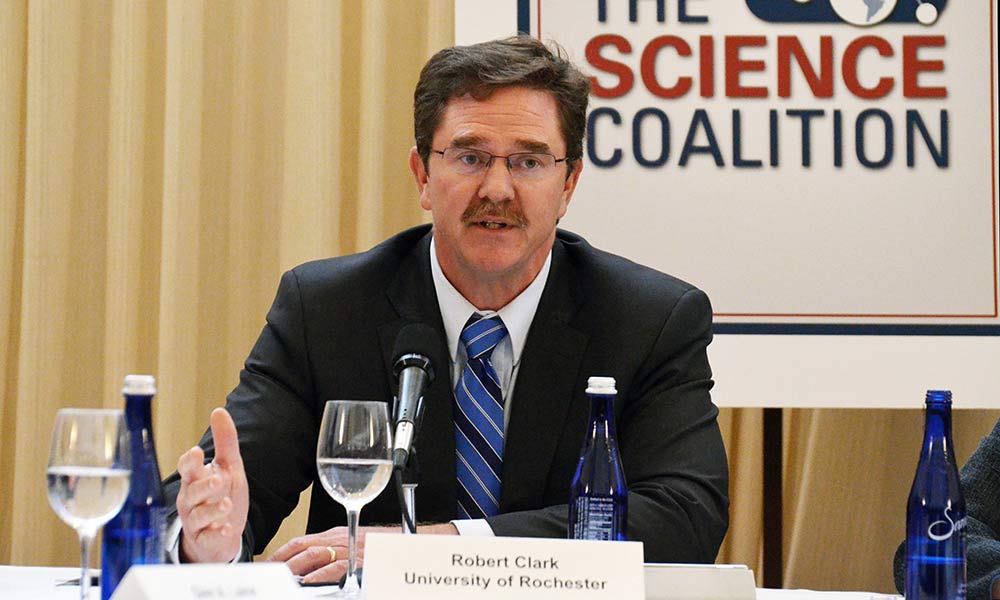
Robert Clark stresses need for federal research support at National Press Club
Universities can help drive regional economic development and strengthen American competitiveness — but only if the federal government continues to partner with institutions and commits to provide the sustained research funding that is required to, first, discover a good idea, then “translate” it into products and services that benefit society.
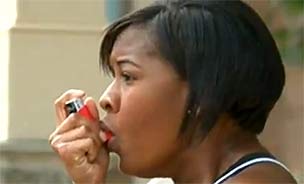
$3.6 Million grant funds asthma study for urban teens
The most common chronic childhood illness, asthma affects an estimated 1 in 10 children and teenagers in the United States. Low-income and minority youth develop asthma even more often.
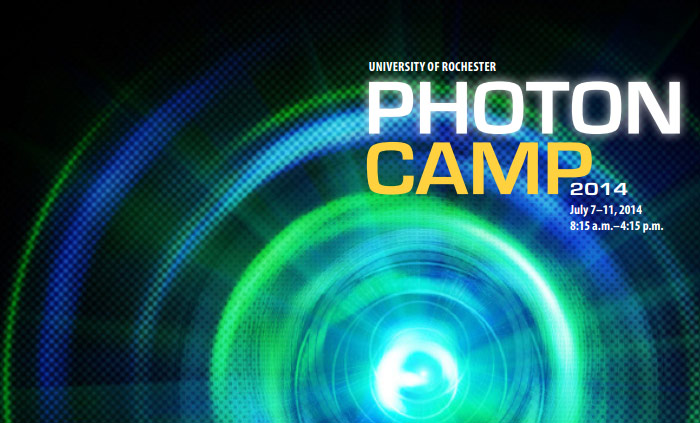
Photon camp gives high school students exposure to optics
During their week at Photon Camp, 18 students from several local high schools and the Bergen Academy in New Jersey will attend lectures in the mornings, and get some hands on experience in the laboratory during the afternoons.
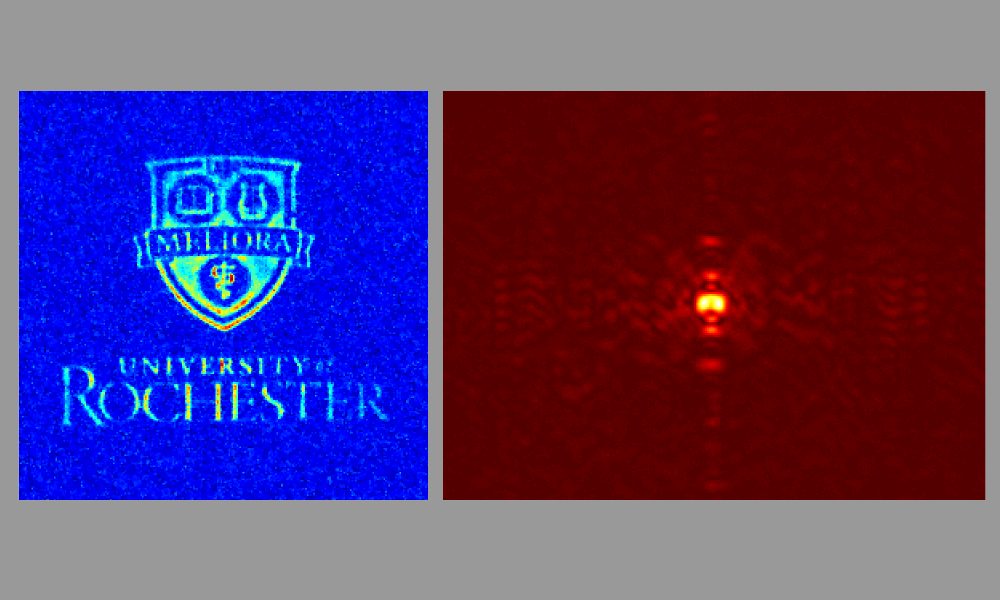
“Compressive sensing” provides new approach to measuring a quantum system
Physicists have shown that a technique called compressive sensing offers a way to measure both variables at the same time, without violating the Uncertainty Principle.
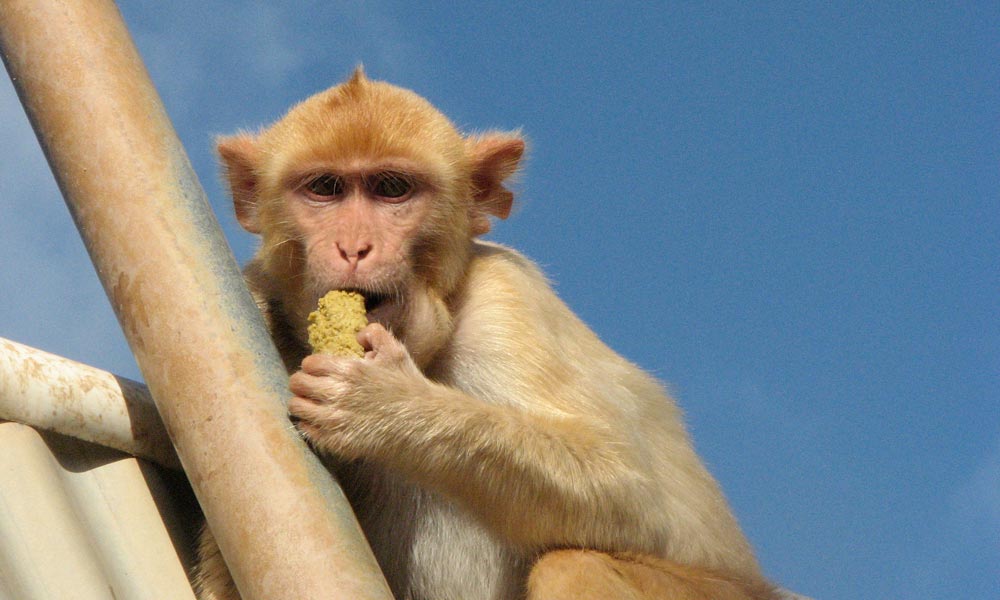
Monkeys also believe in winning streaks, study shows
Humans have a well-documented tendency to see winning and losing streaks in situations that, in fact, are random. Now in the first study in non-human primates of this systematic error in decision making, researchers find that monkeys also share our unfounded belief in lucky streaks.
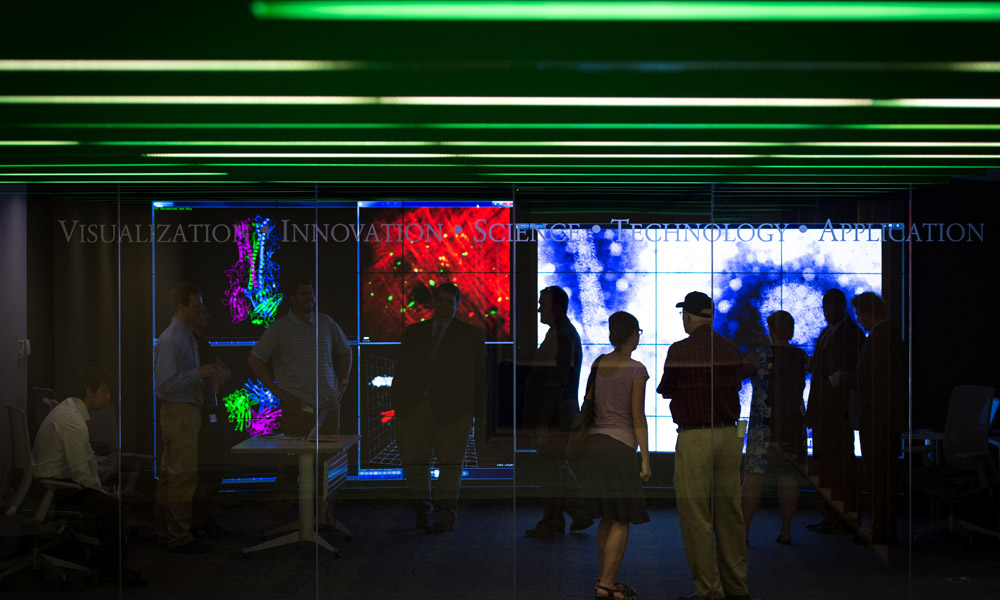
University of Rochester previews new data visualization lab
The new VISTA Collaboratory, located in the Carlson Science and Engineering Library, completes a high performance supercomputing system on a massive scale and is one of only a handful of similar labs in the U.S. The display consists of an array of 24 monitors, is 20 feet wide and 8 feet tall, and has a resolution approaching that of IMAX theaters.
